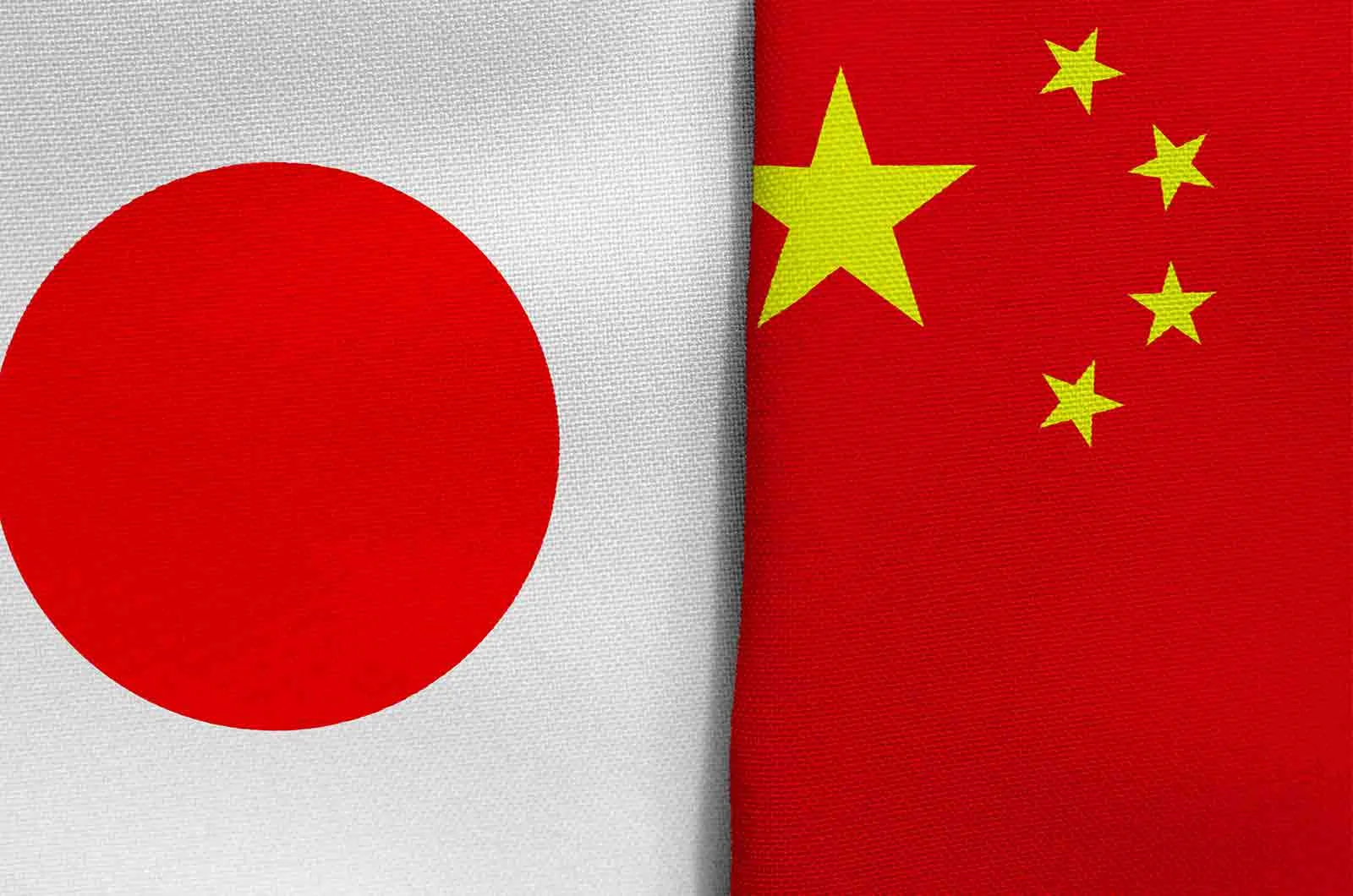
Read More
To the untrained ear, Chinese and Japanese languages might sound somewhat similar. However, these two Asian languages are very different. A translation from English to Chinese language is entirely different from an English to Japanese translation.
Undeniably, the written languages do share similar characteristics. Both writing systems are based on Chinese characters, known as hanzi in Chinese and kanji in Japanese. Unlike the English alphabet, hanzi and kanji represent entire concepts or words. Japan initially used hanzi to write Japanese before adapting them into modern kanji. Today, the languages’ writing systems share about half their characters.
The similarities in writing Japanese and Chinese don’t constitute the entire language overlap. Both languages largely eschew the use of plural nouns, and nouns and adjectives are typically genderless. Yet despite these minor similarities, the Chinese language and the Japanese language differ considerably. So, how can you tell them apart?
Chinese is a Tonal Language
Tone is fundamental when translating from English to Chinese. This is different from intonation, which refers to vocal fluctuations when speaking (you use intonation in English when your voice rises at the end of a sentence to indicate a question). In Chinese, many words might sound the same to outsiders, but the tone conveys a precise meaning.
The difference between praise and insult could be as simple as a slight tonal shift. For example, the word “ma” could mean mother or horse (among other words), depending on the tone. You definitely don’t want to confuse the two when addressing someone’s mother! You must use the right tone when speaking the Chinese language. In fact, you could create unintentional confusion or offence if you don’t.
The Japanese language is very different. Some words have specific intonation patterns, but different tones do not generally change the meaning of syllables. This makes pronunciation much easier and decreases the risk of misunderstanding. An English to Japanese language translation is thus more straightforward as there is less risk of making a mistake regarding tone.
Japanese Uses Honorifics
While Japanese does not have tones, it does have an honorific system called keigo incorporated into its grammatical structure. Keigo has to do with the level of politeness one must use when speaking with others. This speaking system is based on the societal hierarchy in Japanese culture. Due to this concept, Japanese is known as an honorific language.
Keigo means that Japanese verbs have many forms, such as polite, humble, and honorific. The proper form will differ when you speak with a friend, a colleague, a professional superior, or a client. Pronouns like “I” and “you” also vary, depending on how polite or humble the speaker wants to seem. An accurate translation from the English language to Japanese needs to have a clearly defined audience, so the correct honorifics are used.
The Chinese language is also considered an honorific language. Although constantly used in Ancient China, the concept of honorifics has largely been phased out of the modern lexicon. Nevertheless, classical honorific concepts are sometimes used in formal settings. Your English to Japanese language translator will be able to advise when their usage is appropriate.
Dialects in Chinese & Japanese Languages
Most languages have a variety of dialects that vary from one country to the next. For example, British, American, and Australian English are unique in terms of vocabulary and pronunciation. Dialects can also vary within a country, such as the Queen’s English versus Cockney. These dialects are punctuated by differences in accent, slang, and cultural semantics.
The Chinese and Japanese languages are no different. In fact, there are significantly more dialects found within these two languages than most:
- Japanese has four main dialect groups: Eastern, Western, Kyushu, and Hachijo. Within these categories, there are roughly 47 different minor dialects spoken across the country. These dialects are associated with the prefectures of Japan. You must choose the suitable variant when translating from Japanese to English.
- Modern Chinese has seven major dialect groups: Gan, Kejia, Mandarin, Min, Wu, Xiang, and Yue. However, there are hundreds of minor dialects spoken by the Chinese population. Mandarin is the largest dialect and is often used for English to Chinese language translation. A different dialect might better suit your project when targeting specific local regions.
Therefore, not only are Chinese and Japanese distinct languages, but some dialects within the language have low mutual intelligibility. This means people speaking different dialects of the same language may struggle to understand each other.
Chinese and Japanese Writing Systems
The Chinese language might seem to be more difficult than Japanese when it comes to speaking. However, Japanese is arguably more difficult to write. In general, written Chinese consists of the Mandarin dialect represented by hanzi. A simplified version of writing characters was introduced in the late 1940s to increase literacy, but it’s still called hanzi.
There are over 50,000 hanzi characters, but in Chinese, most have only one pronunciation. That said, most educated readers will learn fewer than 10,000 characters. This is all you need to know for most English to Chinese language translations. In fact, the average adult only uses about 3,000 hanzi for everyday reading, such as perusing a newspaper.
In contrast, there are three Japanese writing systems: kanji, katakana, and hiragana. Kanji is based on traditional hanzi, and the meaning of kanji characters is often the same as or similar to the Chinese meaning. Yet unlike hanzi, most kanji characters have multiple pronunciations. Kanji’s pronunciation depends on a few factors, such as whether words are used as a verb or as a noun.
The characters used in katakana and hiragana (also called kana) do not have multiple meanings. Instead, each kana represents a particular sound, such as “ka” or “tsu”. Katakana is frequently used for onomatopoeia or foreign words, whereas hiragana is most often used for verb endings or Japanese words that do not have a corresponding kanji. Translating from English to the Japanese language requires an understanding of all three writing scripts.
Professional Translations from Renaissance Translations
With so many dialects, tonal variations, alphabets, and characters, translating the Chinese language and the Japanese language requires a high level of expertise. You should never let a Japanese speaker translate from English to Chinese language or vice versa. Despite their similarities, both are distinct and highly complex Asian languages.
If you need to translate from Japanese language to English, Renaissance Translations can help. With over 10,000 qualified, professional, native translators, we are more than capable of meeting your translation needs. Your partnership with Renaissance Translations comes with professional memberships such as ATC and SDL LSP Partner Programme. Contact us today to discuss your Chinese and Japanese translations!





